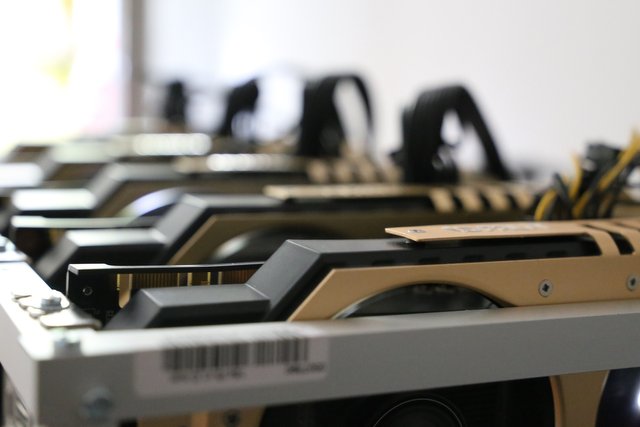Understanding P2P Networks and Distributed Ledgers: Building a Robust and Secure System

Introduction:
Peer-to-Peer (P2P) networks have come a long way since their popularization during the Napster era. While initially known for file-sharing and copyright infringement issues, the concept behind P2P technology remained sound. However, it wasn't until the emergence of cryptocurrencies that P2P truly found its purpose. In this blog post, we will explore the fundamentals of P2P networks and their integration with distributed ledgers, particularly in the context of blockchain technology. We will delve into the advantages of this decentralized approach and the role of nodes in maintaining a secure and robust system.
1. P2P Networks: Empowering Individual Computers to Connect
P2P networks provide individuals with the ability to connect their computers and devices, creating a decentralized network without relying on a centralized server. Unlike traditional client-server relationships, where data resides on a central server and clients request information, P2P networks allow individual computers to form a cohesive network. This distributed system ensures that even if one node goes down, the network remains intact with other nodes filling the gap.
2. Enhancing Security and Reliability with Distributed Ledgers
A key aspect of P2P networks is the use of distributed ledgers, which act as electronic records of transactions. The ledger contains a comprehensive history of every transaction, from the very first to the most recent. With the ledger stored across multiple nodes, updates are transmitted and synchronized, ensuring a live and reliable document. This distributed ledger system provides robustness and security, as no single point of failure can compromise the entire network.
3. The Value and Cost Efficiency of Distributed Ledgers
The value of a distributed ledger is immeasurable. It allows for transparent tracking and mapping of transactions, enabling anyone to trace the origin and history of each transaction. Moreover, the cost of maintaining a distributed ledger is fragmented among network participants. Each individual's computer, which hosts a node and keeps a copy of the ledger, incurs minimal costs. This decentralized approach significantly contrasts with the public costs associated with maintaining a centralized infrastructure for traditional currencies.
4. Node Responsibilities: Maintaining the Ledger and Validating Transactions
Nodes in a P2P network have crucial responsibilities beyond ledger maintenance. They review and validate transactions transmitted to them, ensuring that addresses have sufficient funds to complete the transaction and prevent double-spending. This distributed validation process adds an additional layer of security and trust to the system.
5. The Advantages of Blockchain Integration
When blockchain technology is integrated into a P2P network, the system becomes even more robust and secure. Blockchain's immutable nature ensures that transactions recorded on the distributed ledger cannot be altered or tampered with. The consensus mechanism employed by blockchains adds further trust to the network, as transactions are verified by multiple nodes before being added to the ledger. This combination of P2P networks and blockchain technology creates a powerful infrastructure that is resistant to attacks and censorship.
Conclusion:
P2P networks and distributed ledgers have revolutionized the way we think about data sharing, security, and financial transactions. By eliminating reliance on centralized servers, these decentralized systems offer enhanced robustness and resistance to attacks. The integration of blockchain technology further strengthens the integrity and transparency of P2P networks. As we continue to explore the potential of P2P and distributed ledgers, we unlock new possibilities for secure and efficient systems that can be deployed across the globe. With their decentralized nature and resilience, P2P networks and distributed ledgers pave the way for a future of trust, transparency, and empowerment for individuals worldwide.